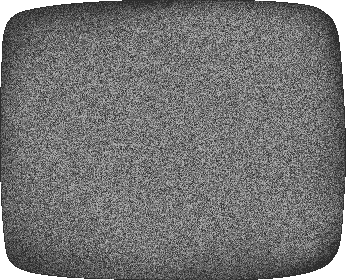 Zuckerberg published a letter in the Washington Post addressing some of the privacy issues that have people in a real huff right now. While Zuckerberg admits to Facebook making some mistakes and dropping the ball on giving users simple and substantial control over their privacy, he fails to acknowledge that Facebook has indeed been giving advertisers, like Google's DoubleClick and Yahoo!'s Right Media, people's personal information. He notes that people are concerned how their private information is being used, but then just lists "the principles under which Facebook operates." The first three are my favorite:
Zuckerberg published a letter in the Washington Post addressing some of the privacy issues that have people in a real huff right now. While Zuckerberg admits to Facebook making some mistakes and dropping the ball on giving users simple and substantial control over their privacy, he fails to acknowledge that Facebook has indeed been giving advertisers, like Google's DoubleClick and Yahoo!'s Right Media, people's personal information. He notes that people are concerned how their private information is being used, but then just lists "the principles under which Facebook operates." The first three are my favorite:-- You have control over how your information is shared.
-- We do not share your personal information with people or services you don't want.
-- We do not give advertisers access to your personal information.
Yeah, okay, Mark. These principles must work more like guidelines, since lately all three of these have been conveniently overlooked. That the letter fails to admit that user information has in fact been distributed to advertisers and that control of information is hardly in our hands alone seems a gross oversight. Sure, the privacy settings and usage might be confusing for some, but it is manageable. Users really do have some flexibility and control over their privacy, though improvements can and should always be pursued. But using the privacy settings well, is not my primary concern. I wanna know why our information is being beamed out across the web, without our permission, to people who didn't even ask for that information. What made that okay and how does that gel with these principles? An admission of dishonesty and an apology seems a small thing to ask for, but we didn't even get that. It was just more schmoozing corporate blabber that only went halfway, addressing the less important half.
Once again, we've been served poorly, leaving me rather skeptical about the future privacy improvements. Maybe instead of improving user privacy controls, Facebook should first just adhere to the principles they set for themselves.



